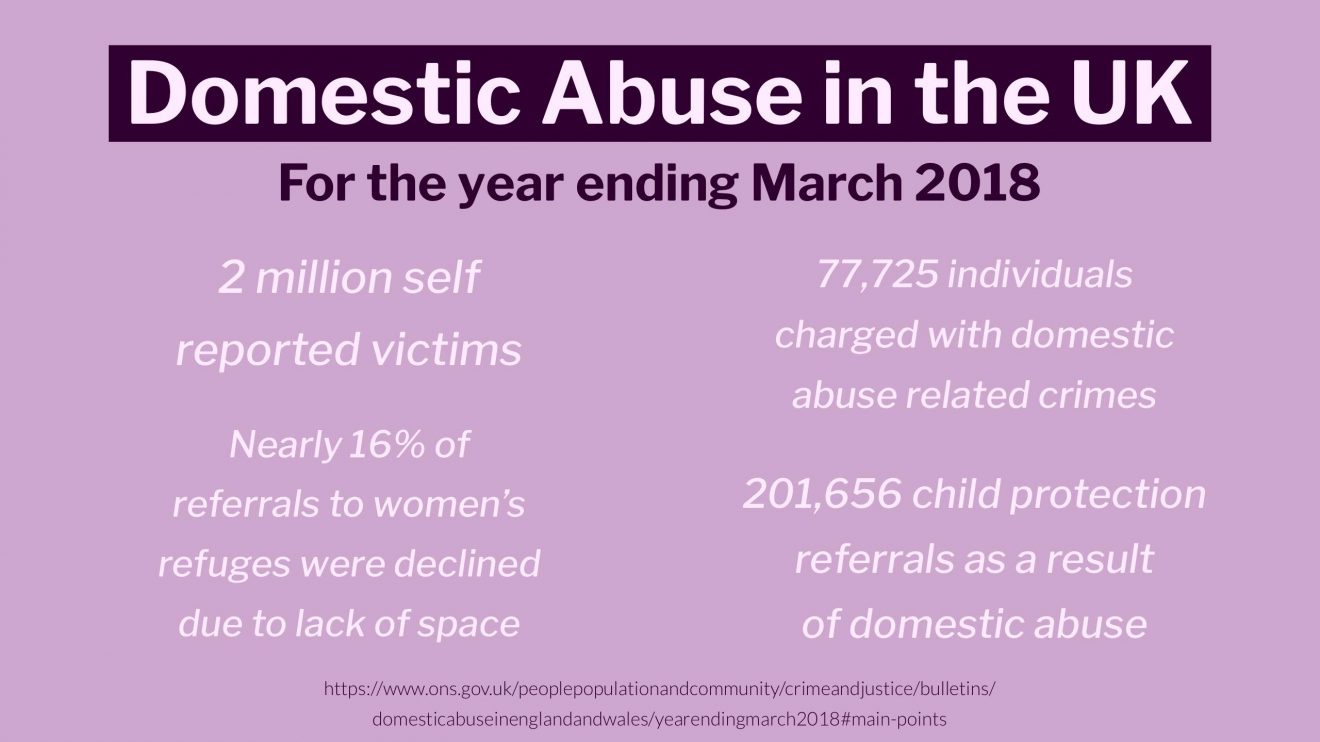Government Help & Recommended Organisations
In October 2019, the UK Government announced extra support for domestic abuse survivors.
Housing, Communities and Local Government Secretary, Robert Jenrick recently confirmed additional local government support for survivors of domestic abuse through new legal plans.
These plans are aimed at making local councils more responsible for abuse in their area. Under the forthcoming legislation, local authorities are required to publish strategies which detail the range of support services available for abuse survivors of violent relationships. These measures would include specialist support, safety through independence, and refuge accommodation. In addition, statutory guidance now strongly encourages councils to prioritise domestic abuse survivors who are ready to move on from refuges when allocating social housing. More details follow below.
************************************************************************
Helplines and organisations for Domestic Abuse victims.
- women can call The Freephone National Domestic Abuse Helpline, run by Refuge on 0808 2000 247 for free at any time, day or night. The staff will offer confidential, non-judgemental information and support
- talk to a doctor, health visitor or midwife
- men can call Men’s Advice Line on 0808 8010 327 (Monday and Wednesday, 9am to 8pm, and Tuesday, Thursday and Friday, 9am to 5pm) for non-judgemental information and support
- men can also call ManKind on 0182 3334 244 (Monday to Friday, 10am to 4pm)
- If you identify as LGBT+ you can call Galop on 0800 999 5428 for emotional and practical support
- anyone can call Karma Nirvana on 0800 5999 247 (Monday to Friday 9am to 5pm) for forced marriage and honour crimes. You can also call 020 7008 0151 to speak to the GOV.UK Forced Marriage Unit
- in an emergency, call 999
You can also email for support. It is important that you specify when and if it is safe to respond and to which email address:
- women can email helpline@womensaid.org.uk. Staff will respond to your email within 5 working days
- men can email info@mensadviceline.org.uk
- LGBT+ people can email help@galop.org.uk
The Survivor’s Handbook from the charity Women’s Aid is free and provides information for women on a wide range of issues, such as housing, money, helping your children, and your legal rights.
If you are worried that you are abusive, you can contact the free Respect helpline on 0808 802 4040.
************************************************************************
The Domestic Abuse Bill currently making its way through parliament will mark the first time a statutory government definition of domestic abuse will specifically include economic abuse as well as controlling and manipulative non-physical abuse.
Women’s Aid responded to the announcement saying, “We warmly welcome this announcement, which shows the government’s commitment to the long-term funding of lifesaving refuges.” Yet, in the same press release, Women’s Aid acting co-founder Nicki Norman writes: “Despite welcoming emergency pots of funding from the government, short-term, uncertain budgets are failing to deliver a secure future for life-saving services.”
This announcement follows a pledge in November 2018 that announced a £22 million budget would be distributed between 63 projects working in the sector across England. The Government states that “Funding has helped to provide tailored support to more than 25,000 survivors and their families – including over 2,200 additional beds in refuges and other safe accommodation”. They also claim that these new plans “will end [the] postcode lottery of support for those fleeing violent relationships.” The Government also hopes to achieve this by amending the Domestic Abuse Bill to oblige local governments to provide support.
A press release for the new measures asserts that: “Ahead of this new duty coming into force in 2021, the government has also announced a further £15 million in funding to run these essential services in 2020 to 2021 – a 20% increase on 2019 to 2020.” Which is “for refuges and safe accommodation”. It is, however, important to remember that Refuge, a charity that advocates for women and children in refuges, claims there has been a “chronic shortfall [we have] seen following years of funding cuts. Refuge has experienced cuts to 80% of its services since 2011. This includes an average cut of 50% to refugees which provide lifesaving accommodation and support for women escaping abuse and violence.”
The government argues that this new method builds on a variety of other initiatives to end domestic abuse and tackle violence against women and girls. The press release points towards criminalisation of forced marriage, new anti-stalking laws, a national roll-out of domestic violence protection orders, a domestic violence disclosure scheme and the £15 million 3-year Violence Against Women and Girls Service Transformation Fund.
The charity Save Lives keeps a database named Insight, the UK’s largest national database of domestic abuse cases. In their published results they say that “Each year nearly 2 million people in the UK suffer some form of domestic abuse – 1.3 million female victims (8.2% of the population) and 600,000 male victims (4%)” and that “130,000 children live in homes where there is high-risk domestic abuse.”
The new government plan is certainly being welcomed as a start to improve refuge services. However, many charities are pointing to the fact that the funding is not new money and that while any money is welcome, more funds are still needed in order to provide the best possible help.







